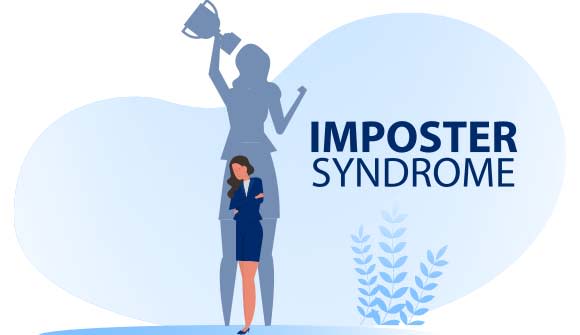Focused on a healthy lifestyle?
Alcohol may have to go, oncologists say. It can increase cancer risk.
Article Date:

On the shortlist to getting healthy, Americans turn to a familiar plan: Eat a vegetable-heavy diet, exercise regularly and kick that terrible smoking habit. But too often, they leave out one big lifestyle change.
That college “frenemy,” that “it’s been a long day” pal: alcohol.
About 70 percent of Americans do not recognize drinking alcohol as a risk factor for cancer, according to the National Cancer Opinion Survey. But now, for the first time, the American Society of Clinical Oncology has linked alcohol use — light, moderate or heavy — with increased risk for several leading cancers, including those of the breast, colon, esophagus, and head and neck.
The Society reported that 5.5 percent of all new cancers and 5.8 percent of all cancer deaths worldwide can be attributed to alcohol.
“I think people often underestimate the amount they are drinking,” said Amanda Shreders, MD, a hematologist/oncologist with Baptist MD Anderson Cancer Center. “This announcement may bring alcohol into more conversations, and maybe having this awareness will inspire people to be more informed about what they put in their bodies.”
Of course, to be absolutely safe, the recommendation would be to stop drinking entirely, Dr. Shreders said. But the oncologists aren’t saying that. Instead, the group suggests that if you want to lower your cancer risk, reduce your alcohol intake.
Drinking, which affects all races, ages and income levels, is on the rise in the United States, and binge drinking has become the most common, deadly pattern of excessive alcohol abuse, according to the Centers for Disease Control and Prevention.
In fact, one in six adults binge drinks about four times a month, consuming about eight drinks per binge.
Dr. Shreders said that when she asks patients about their drinking, they often tell her, “Oh, I just drink socially.” But she struggles to quantify such a statement.
“I think this report helps highlight what exactly that means,” she added. “We need to make it so that physicians are not afraid to ask how much alcohol a patient drinks, and patients shouldn’t be intimidated by the question. We want to make sure we get the best care possible for our patients.”
People tend to think alcohol is only linked to liver cancer, Dr. Shreders said, but those who drink moderately — one drink daily for women and two for men — nearly double their risk for mouth and throat cancer compared to nondrinkers. For women, just one alcoholic drink a day can increase breast cancer risk.
Women concerned about their risk might consider further lowering their alcohol intake to three or four drinks a week. Red wine should not be considered an exception. There is no clear evidence that drinking red wine helps the body, according to the clinical oncologist society.
Heavy drinkers, who consume more than seven drinks a week for women or more than 14 a week for men, see their risk increase dramatically. For throat and mouth cancers, the risk is more than five times higher for heavy drinkers than it is for nondrinkers. Heavy drinkers also see double the risk of liver cancer than nondrinkers.
Research is still being developed to determine whether or not those who stop drinking see benefits from the lifestyle change. However, Dr. Shreders said analysis indicates former drinkers do see a decline in their risk, particularly for head and neck cancers.
The relationship between cancer and alcohol appears to be dose dependent, which means risk increases as consumption increases, she added.
“The first step is people need to be aware of how much they are actually drinking,” Dr. Shreders said. “A primary care doctor is a great resource — to connect you with resources in the community, to help you understand heavy alcohol use.”
Have a primary care doctor? If not, find one by visiting baptistjax.com/bpc or call 904.202.4YOU.



